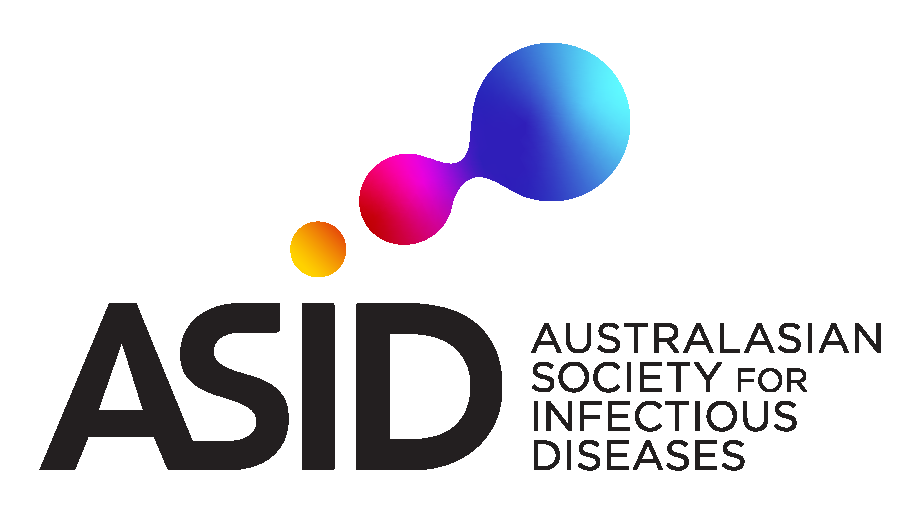Protecting Children from the Infectious Disease Harms of War
ASID and ANZPID call for urgent global action this World Children’s Day
On World Children’s Day 2025, the Australasian Society for Infectious Diseases (ASID) and its Australia and New Zealand Paediatric Infectious Diseases Network (ANZPID) are calling for renewed global efforts to protect children from the devastating infectious disease impacts of armed conflicts.
Armed conflicts destroy health systems, disrupt vaccination programmes, contaminate water supplies, and drive mass displacement, creating ideal conditions for infectious diseases to spread. Children are among the first and hardest hit. Measles, cholera, malaria, tuberculosis and respiratory infections often surge in war zones, killing far more than bullets or bombs.
“Children caught in conflict face a double threat, violence and disease,” said Dr Brendan McMullan, Chair of ANZPID. “No child should die from a preventable infection because healthcare systems have been destroyed or humanitarian access denied. When preventable deaths can be averted, inaction is not an option. Protecting children’s health must remain a universal priority, even in times of war.”
ASID and ANZPID highlight that conflict‑affected children are at heightened risk of malnutrition, poor sanitation and inadequate shelter, compounding their vulnerability to infectious diseases. Refugee and displaced children face barriers to accessing essential healthcare, while the loss of education and stability deepens the long‑term impact on health and wellbeing. Loss of ability to provide adequate antenatal care poses risks for pregnant women, mothers and babies.
Today we join global health and humanitarian partners in calling for:
· Protection of healthcare workers and facilities, and respect for medical neutrality in all conflicts.
· Uninterrupted delivery of vaccines and essential medicines, including through humanitarian ceasefires and access corridors.
· Investment in disease surveillance and outbreak response systems in fragile and conflict‑affected settings.
· Comprehensive support for child and maternal health and mental wellbeing during and after conflict.
“As paediatric infectious diseases specialists, we see how fragile health systems leave children defenceless against preventable infections,” Dr McMullan added. “Safeguarding children’s health is not only a humanitarian imperative—it’s an investment in their future and in global peace.”
About the Australasian Society for Infectious Diseases (ASID)
The Australasian Society for Infectious Diseases (ASID) represents physicians, scientists and healthcare professionals working to prevent, diagnose and treat infectious diseases across Australia and New Zealand. Through its Australia and New Zealand Paediatric Infectious Diseases (ANZPID) Network, ASID promotes child health, equitable access to vaccines, and evidence‑based policy to reduce the burden of infectious diseases in children.
